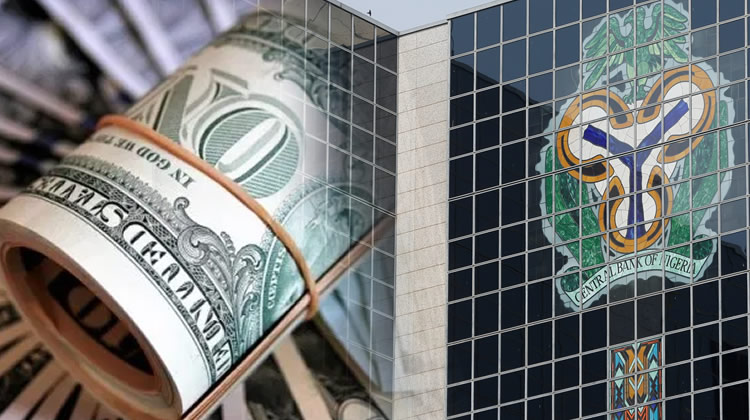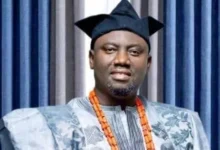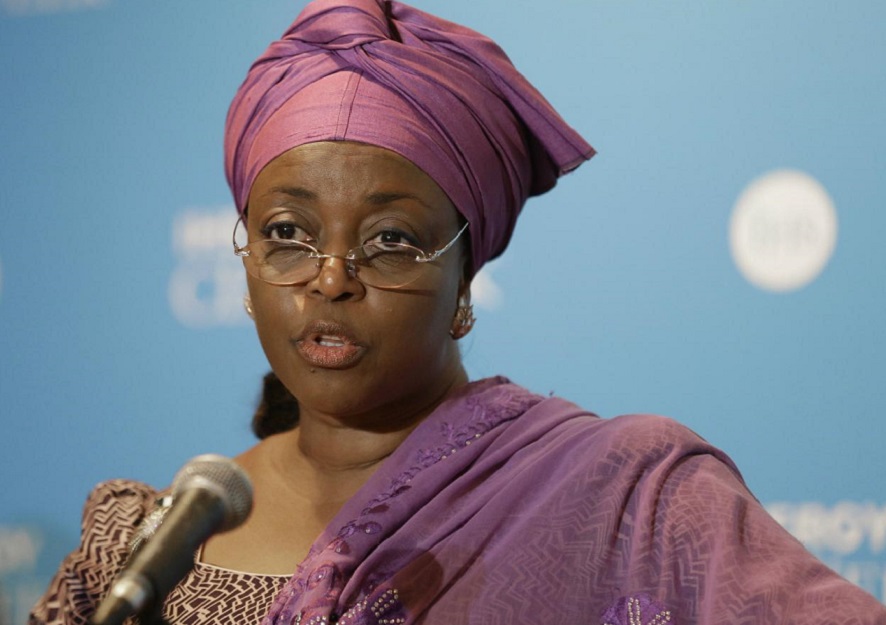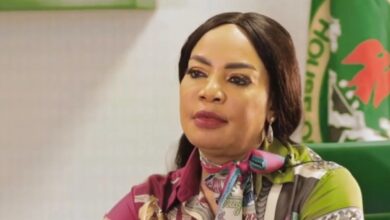How Tinubu’s 15 days in office leave investors excited
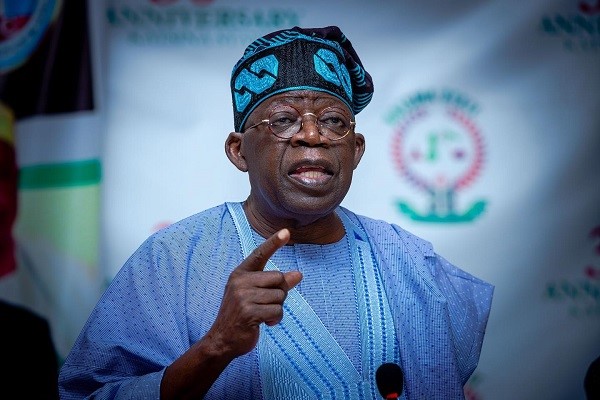
President Bola Tinubu’s policies in his first 15 day in office have signaled some sense of hope to foreign investors, pulling the right levers for markets.
Recall that, during his inaugural speech as president, Tinubu announced that the fuel subsidy was ‘gone.’
The president also suspended the governor of the Central Bank of Nigeria, CBN, Godwin Emefiele, having promised to unify a web of varying exchange rates.
With this development, foreign investors have embraced the decisions of Tinubu’s government, sending Nigeria’s dollar debt surging on Monday.
A portfolio manager at Ninety One in London, Thys Louw, who shared insight on the policies of the new government, said, “Overall, President Tinubu has shown that he’s willing to take on two of the most important factors investors are focusing on, which is fuel subsidies and FX reform, in a very short space of time.”
“Reform momentum in Nigeria has picked up considerably, although from a low level and sustaining this will be important given poor economic conditions Tinubu inherited,” he added.
Following Emefiele’s suspension on Friday, a senior adviser said it would be a matter of months before he unified its exchange rates, a key demand of investors and multilateral institutions like the World Bank.
The suspended CBN governor was considered the chief architect of a set of unorthodox policies — including propping up the naira, allowing a complex regime of multiple exchange rates, and lending tens of billions to the government of Tinubu’s predecessor — that have been blamed for the condition of Africa’s largest economy.
Against this background, Nigeria’s State Security Service detained Emefiele on Saturday for “investigative reasons,” while a Deputy governor of Operations in the CBN was appointed in an acting capacity.
Lately, Nigeria’s international bonds, due in 2029, jumped the most among emerging-market peers on Monday, a public holiday in Nigeria.
According to data compiled by Bloomberg, those notes jumped as much as 3 cents before closing around 88 cents on the dollar, the highest since January.
The extra yield investors demand to hold the nation’s debt over US Treasuries fell 38 basis points to 7.19 percentage points, according to a JPMorgan index.
Head of Africa sovereign and corporate credit research at BancTrust & Co. in London, Ayodeji Dawodu noted that the changes at the central bank “could spell the end of unorthodox and often conflicting and confusing monetary policies that held back economic growth and destroyed local and foreign investor confidence.”
The CBN offered the US dollar through several windows at tightly controlled rates, with little liquidity, to businesses and individuals.
This forced many to the black market, where the dollar traded more freely but at about a 60% premium to the official rate.
An influential member of Tinubu’s advisory board, Wale Edun noted that the unification of exchange rates was “imminent.”
“I would say it would have to be done within a quarter as rather than within a year,” he said. “ I think you’re talking, think quarters rather than years, that’s where I would put it,” he said.
The Emefiele-led CBN was perceived to be in close adherence to the administration of Tinubu’s predecessor, Muhammadu Buhari.
The chief economist for Nigeria at KPMG LLP and the nation’s former statistician general, Yemi Kale believes that the previous government was perceived to be more statist and socialist in its approach, said.
“The markets will respond positively to an administration it believes to be more market-oriented,” he added.
(Vanguard)


